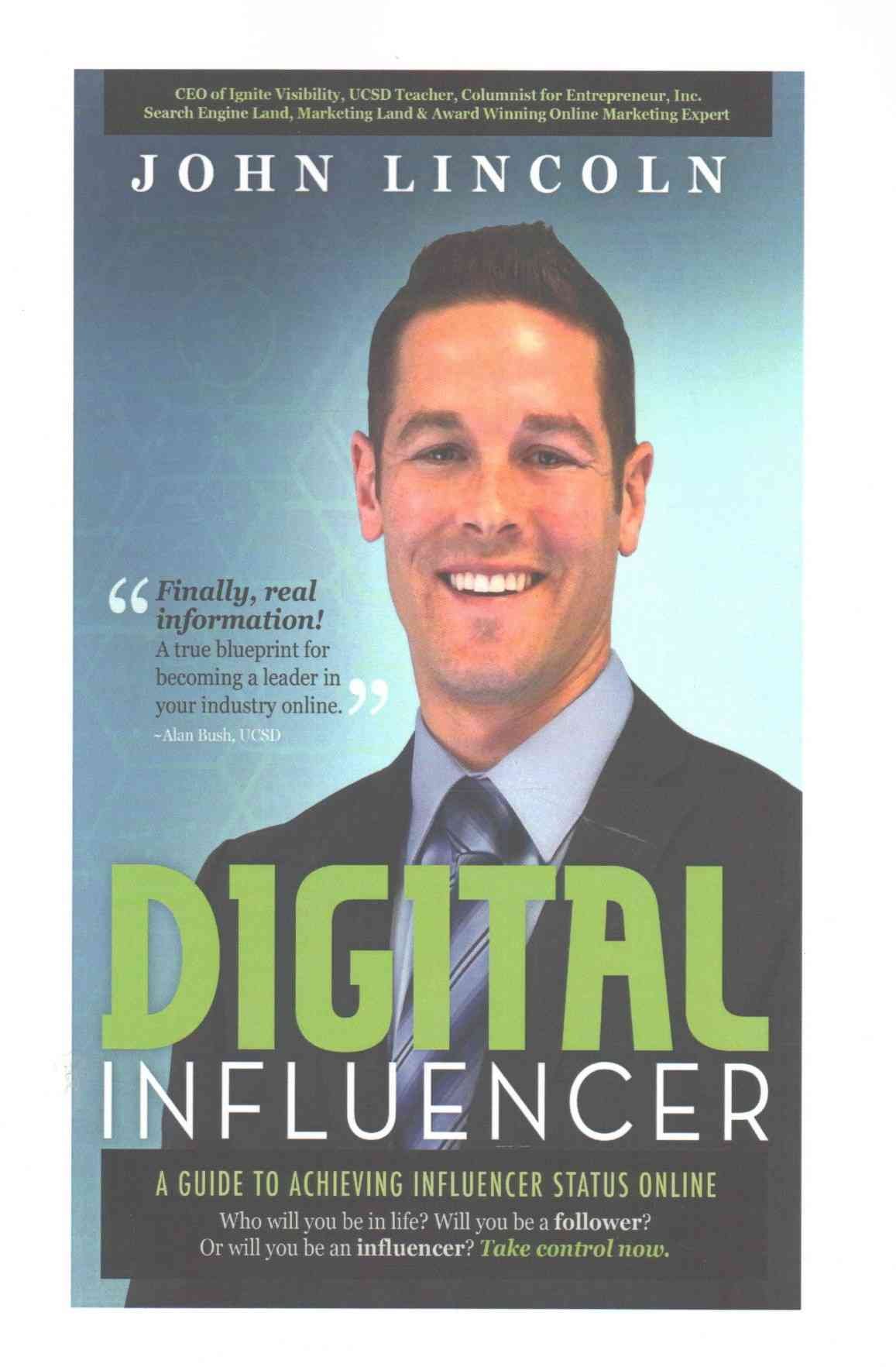This book fills a major gap in academic research, by exploring ‘urban resilience measures’ and ‘city management issues’ during disruptive disease outbreak events. Based on the overarching concept of ‘resilience thinking’, it addresses critical issues of preparedness, responsiveness and reflectiveness in the event of outbreak, focusing on cities and how they should prepare to combat a variety of adversities and uncertainties caused by outbreaks. This comprehensive book is an essential guide for decision-makers, city authorities, planners, healthcare and public health authorities, and those communities and businesses that face disease outbreak events. It also offers a set of practical measures to support the development of tailor-made strategies in the form of an action plan. These strategies should address outbreak control and containment measures, institutional rearrangements, management of urban systems, and healthiness of the society. Divided into six chapters, this book explores important topics of ‘urban resilience’ and ‘city management’ for preparedness action plans and responsiveness planning. Further, it presents a comprehensive urban resilience approach used to support city management in the recent outbreaks in Chinese cities, which can be applied in cities around the globe to strengthen their resilience and maximise the practicality of urban resilience and minimise urban vulnerabilities during disease outbreaks. Highlighting topics such as maintaining societal well-being, community engagement, and multi-sectoral city management enhancement, this book offers a unique combination of research, practices and lessons learned to aid cities in need.












